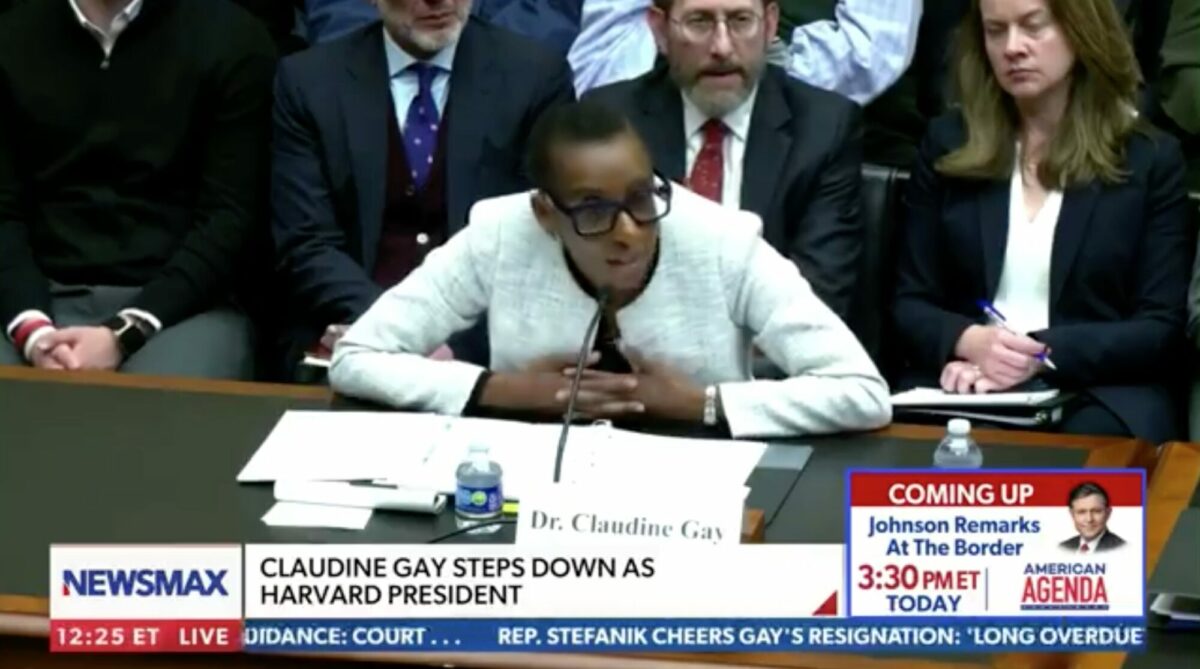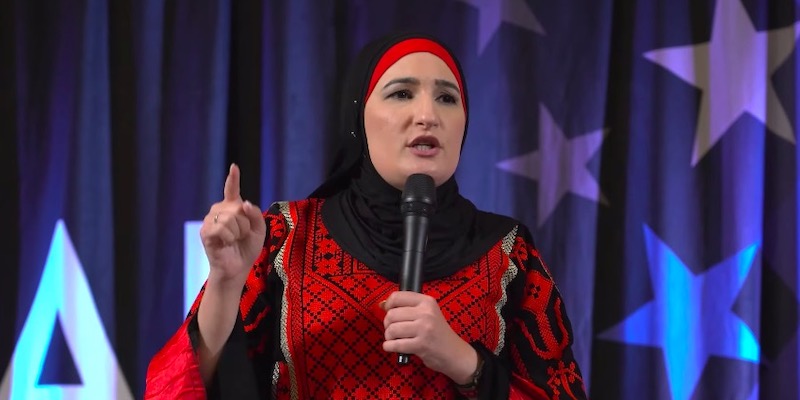Lower middle class Americans who are preparing to retire are worse off now than they have been in 20 years according to a new report.
The new study comes from the USC Schaeffer Center for Health Policy & Economics and the Columbia University Mailman School of Public Health which found that some economic groups are not doing as well as others in the Biden era.
The study found that the lower middle classes are confronting health problems far earlier than those better off financially.
Study authors said the health status at age 50 for both the upper and lower middle has worsened over the past two decades, but health is deteriorating faster for the lower middle. Worsening health includes increased hypertension, diabetes, and heart disease.
“Our findings suggest that today’s lower-middle class will spend a larger proportion of their older life with poor health,” said Jack Chapel, study lead author and a Ph.D. candidate in economics at the USC Dornsife College of Letters, Arts and Sciences. “For example, an average 60-year-old woman in the lower-middle in 2018 will reach age 84. We project that almost 40% of her remaining years will be lived with a disability—an increase since 1994.”
The ‘forgotten’ lower-middle increasingly struggles to pay for health care and housing
Study authors say policymakers continue to focus on assistance for the most disadvantaged Americans, while neglecting those just one step up the income ladder. The researchers call this group the “forgotten middle”—overlooked because they don’t qualify for supports such as Medicaid, housing vouchers or food stamps, yet lack adequate resources to cover the increasing costs of health care and housing.
Researchers found the combined value of financial and housing wealth and other resources including income, health insurance benefits, and quality-adjusted life-years after age 60 grew 13% for the upper middle group between cohorts. Meanwhile, people in the lower-middle group in 2018 were barely better off—with just 3% growth—compared to their earlier counterparts.
“Our study projects lower-middle Americans will spend a longer proportion of remaining life with significant health care needs, but with no more economic resources to attend to those needs than similar cohorts had 20 years earlier,” said Dana Goldman, dean and C. Erwin and Ione L. Piper chair of the USC Sol Price School of Public Policy and the co-director of the USC Schaeffer Center.
So, wait… are you telling me that Obamacare has NOT fixed everyone’s health? Are you telling me that Obamacare is not so wonderfully easy that Americans can rely on it to maintain their health long into old age?
How can that be true?
And yet, a decade after Obamacare was enacted, we find Americans having even more health problems at earlier ages.
Imagine that.
Follow Warner Todd Huston on Facebook at: facebook.com/Warner.Todd.Huston, or Truth Social @WarnerToddHuston


